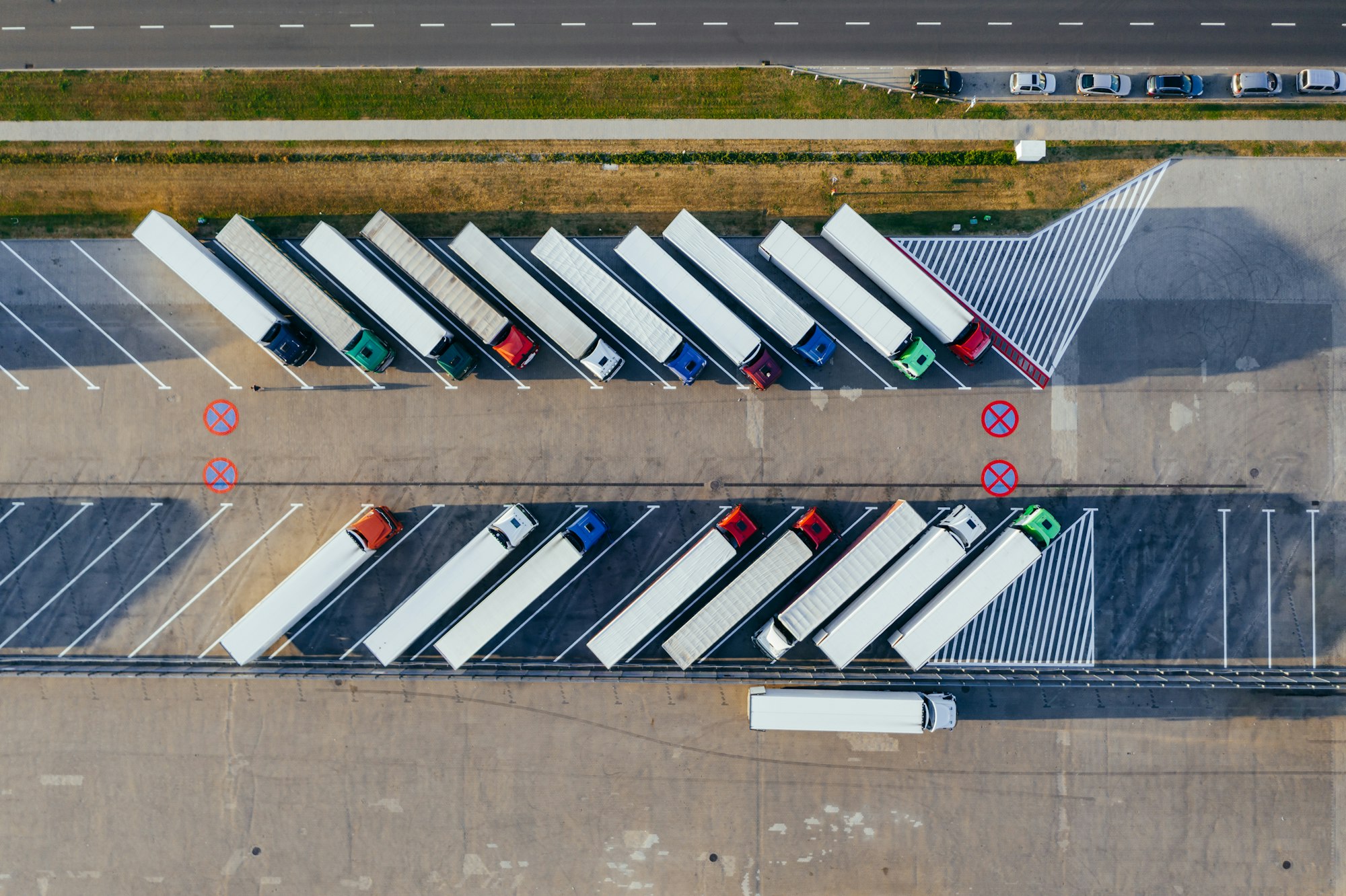Fighting Food Inflation Through a Sustainable Supply Chain

Cold chain logistics play a crucial role in the global food supply chain, but rising costs and environmental factors are challenging their efficiency. Morten Johansen, COO of DP World Americas, highlights in Forbes the impact of transportation costs on food prices and proposes enhanced cold chain logistics to address these challenges. Upgrades in infrastructure, adoption of alternative energy sources, and exploration of alternative shipping routes are important steps towards a sustainable and efficient future for the global food supply. DP World is committed to improving trade and creating a seamless supply chain worldwide.
Source: Link
Frequently Asked Questions
1. How can mitigation and adaptation practices in the food supply chain help address food inflation?
Mitigation and adaptation practices involve modifying production, supply chain, and demand practices to make them more sustainable and resilient. These practices can help manage costs and reduce wastage, which can contribute to fighting food inflation. (Source: IPCC Special Report on Climate Change and USDA Food Waste FAQs)
2. What role does sustainability play in reducing food inflation?
Sustainability in the food supply chain can help reduce costs by minimizing waste, improving efficiency, and promoting responsible resource management. By adopting sustainable practices, such as sustainable food management and value chain development, the overall costs of production and distribution can be reduced, thus potentially alleviating food inflation. (Source: USDA Food Waste FAQs and UNICEF Press Release)
3. How can climate change impact food supply chains and contribute to food inflation?
Climate change poses risks to agricultural production, such as crop failures and disruptions in livestock production. These impacts can disrupt food supply chains, affect yields, increase costs, and contribute to food inflation. Therefore, addressing climate change and building resilient and sustainable food systems are crucial in combating food inflation. (Source: IPCC Special Report on Climate Change and World Bank Climate Explainer)
4. What are some strategies or measures to improve global supply chains and mitigate food inflation?
Implementing sustainable practices, managing labor shortages, combating anti-competitive practices, and mitigating geopolitical tensions are some of the strategies that can improve global supply chains and contribute to combating food inflation. Enhancing efficiency and addressing these challenges can help stabilize food prices and ensure a more sustainable and resilient supply chain. (Source: Brookings Six Ways to Improve Global Supply Chains)
Please note that the generated frequently asked questions and answers are based on the context provided and the information from the search results. It is advisable to conduct further research for more comprehensive and up-to-date information.

